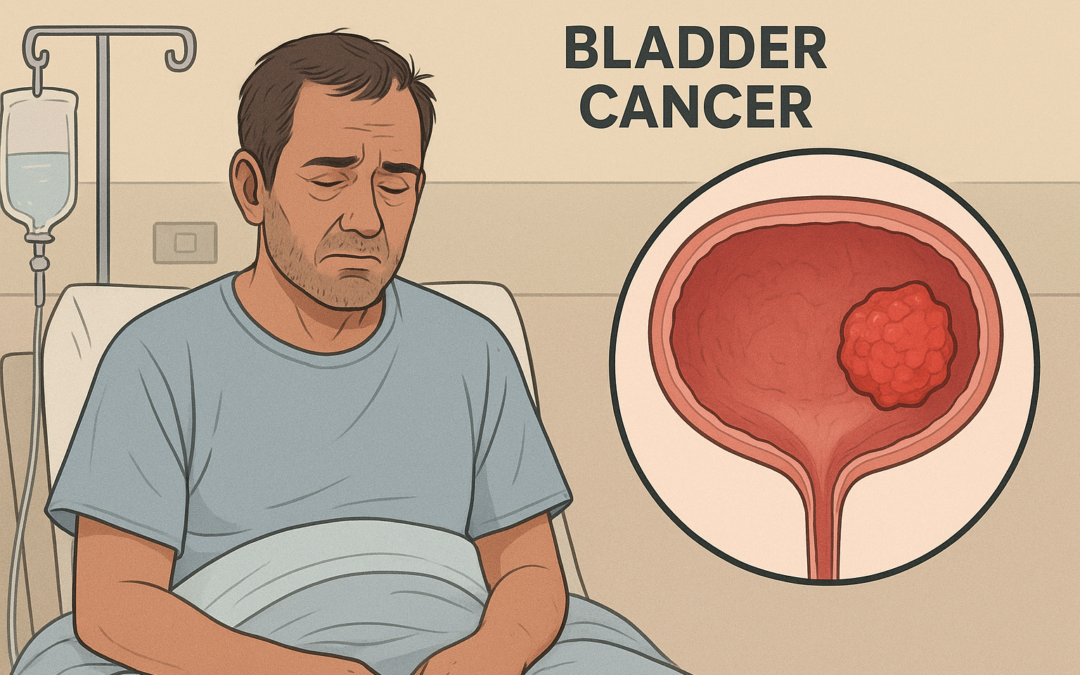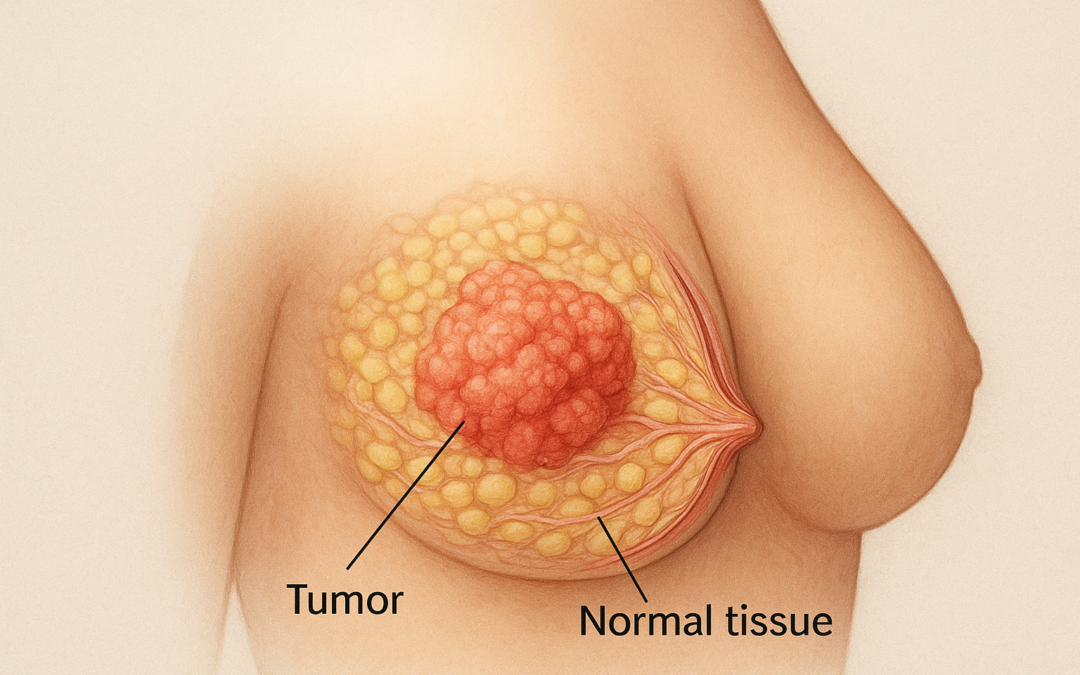
On October 8, 2025, Regeneron Pharmaceuticals announced that the U.S. Food and Drug Administration (FDA) approved Libtayo (cemiplimab-rwlc), a PD-1 inhibitor, as the first and only immunotherapy for adjuvant treatment of adult patients with cutaneous squamous cell carcinoma (CSCC) at high risk of recurrence following surgery and radiation. This approval, evaluated under Priority Review, is grounded in data from the pivotal Phase 3 C-POST trial, published in the New England Journal of Medicine and presented at ASCO 2025.

Extensive-stage small cell lung cancer (ES-SCLC) is an aggressive malignancy with a poor prognosis, where first-line induction therapy typically involves platinum-etoposide chemotherapy combined with immunotherapy like atezolizumab, followed by maintenance to delay progression. Despite advances, relapse rates remain high, underscoring the need for effective maintenance strategies. On October 2, 2025, the U.S. Food and Drug Administration (FDA) approved lurbinectedin (Zepzelca), an alkylating agent that binds DNA guanine residues to disrupt the cell cycle and induce cancer cell death, in combination with atezolizumab (Tecentriq), a PD-L1 inhibitor, or its subcutaneous form (Tecentriq Hybreza), as first-line maintenance therapy for adult patients with ES-SCLC whose disease has not progressed after four cycles of induction therapy with atezolizumab, carboplatin, and etoposide. This approval, the first for a combination maintenance regimen in this setting, was based on the phase 3 IMforte trial (NCT05091567), a randomized, open-label, multicenter study involving 483 patients across 13 countries.

Eli Lilly and Company announced on September 25, 2025, that the U.S. Food and Drug Administration (FDA) has approved Inluriyo (imlunestrant), a 200 mg oral tablet, for the treatment of adults with estrogen receptor-positive (ER+), human epidermal growth factor receptor 2-negative (HER2-), ESR1-mutated advanced or metastatic breast cancer (MBC). This approval targets patients whose disease has progressed following at least one line of endocrine therapy (ET), addressing a critical need as approximately 50% of ER+, HER2- MBC patients develop ESR1 mutations after aromatase inhibitor exposure, leading to treatment resistance.

On September 19, 2025, the U.S. Food and Drug Administration (FDA) approved Merck’s KEYTRUDA QLEX™ (pembrolizumab and berahyaluronidase alfa-pmph) injection for subcutaneous use in adults across 38 solid tumor indications previously approved for KEYTRUDA® (pembrolizumab), marking it as the first subcutaneously administered immune checkpoint inhibitor.

Johnson & Johnson’s Innovative Medicine division marked a significant advancement in oncology on September 9, 2025, with the U.S. FDA approval of INLEXZO™ (gemcitabine intravesical system), formerly known as TAR-200. This novel therapy targets adult patients with Bacillus Calmette-Guérin (BCG)-unresponsive non-muscle invasive bladder cancer (NMIBC) characterized by carcinoma in situ (CIS), with or without papillary tumors—conditions affecting about 10% of NMIBC cases and leaving patients with few bladder-sparing alternatives post-BCG failure. INLEXZO™ addresses a critical unmet need in a field stagnant for over four decades, offering a potential paradigm shift by enabling extended local chemotherapy delivery without the morbidity of radical cystectomy, which carries a 3-8% postoperative mortality risk and profoundly impacts quality of life, particularly among older patients.

Eli Lilly and Company’s Verzenio® (abemaciclib), a CDK4/6 inhibitor, has demonstrated significant improvement in overall survival (OS) in patients with hormone receptor-positive (HR+), HER2-negative (HER2-), node-positive, high-risk early breast cancer, as reported in the phase 3 monarchE trial. This global, randomized, open-label, multicenter study enrolled 5,637 patients across 600 sites in 38 countries, evaluating two years of Verzenio plus endocrine therapy (ET) against ET alone.







